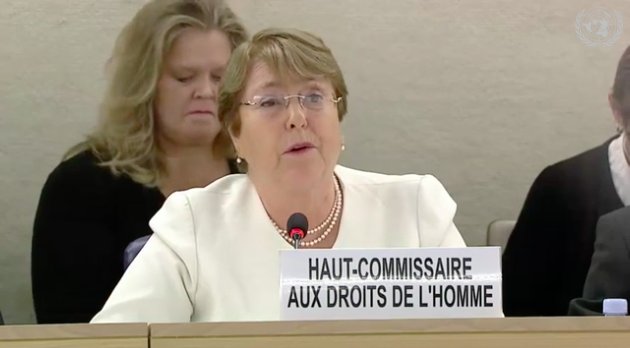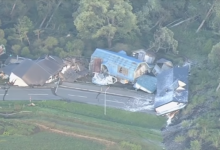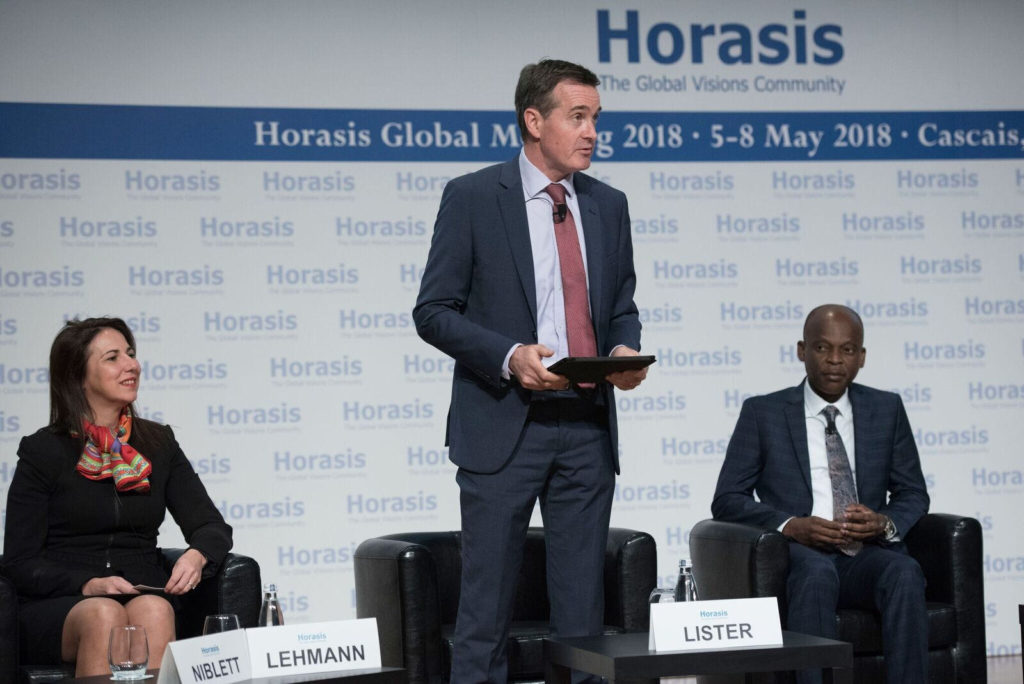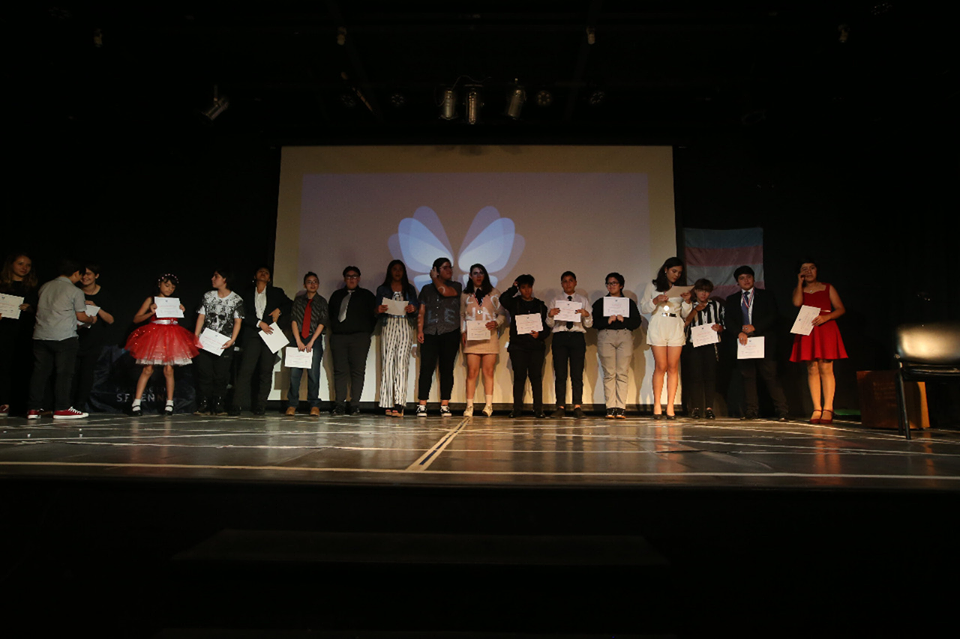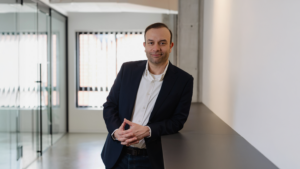Michelle Bachelet, ex-President of Chile and recently appointed UN High Commissioner of Human Rights, gave her maiden speech on Monday at the Human Rights Council in Geneva, Switzerland.
“I have been a political detainee and the daughter of political detainees,” she declared. “I have been a refugee and a physician – including for children who experienced torture and the enforced disappearance of their parents.”
Highlighting cases of prominent cases of human rights violations across Colombia, Mexico, Guatemala, Nicaragua and Venezuela, Bachelet explained that activists on the continent are facing increasing risk as well as becoming victims of “unusual violence.”
Between Jan. 1 and Sept. 1, 53 human rights leaders were killed in Colombia and 57 more are awaiting verification, she explained. In Mexico, eight activists were killed in the first eight months of the year, more than the entirety of 2017, a worrying situation which also extends to journalists in the country, of whom eight have been killed and one disappeared this year alone.
Guatemala has also seen 12 activists lose their lives, four more than last year. Bachelet also condemned the “deplorable” decision to rescind the International Commission Against Impunity in Guatemala (CICIG) mandate, which had worked to prevent government-related corruption and organised crime cases since 2007. These measures, she explained “put an end to an essential tool in the fight against impunity and corruption.”
“I bring to this mandate my lifelong dedication to reversing hatred” – new @UNHumanRights Chief Michelle Bachelet in her first speech before the UN Human Rights Council. Watch live: https://t.co/TMoKiPmFcw #HRC39 pic.twitter.com/8PKDZgdlu7
— UN Geneva (@UNGeneva) September 10, 2018
Turning her eye to Venezuela and Nicaragua, El Nacional reported, Bachelet highlighted the massive flight of Venezuelans from their country and the similar – albeit less high-profile – situation in Nicaragua.
“When this session opened, the growing number of people who are escaping from Venezuela and Nicaragua demonstrates yet again the necessity to constantly defend human rights,” she said. “It is urgent for us to help the welcoming states to resolve the numerous problems that these movements are causing.”
It was also confirmed on Monday that Bachelet agreed to a meeting with Jorge Arreaza, the Chancellor of Venezuela to discuss the growing crisis in the Latin American country.
Her speech also touched on the persecution of the Rohingya people in Myanmar and the allegations of re-education camps in China against the minority Muslim Uighur group who are undergoing arbitrary detentions and “forced political indoctrination.” Bachelet also condemned Trump’s policy to separate migrant families from their children, and voiced concern about the heightened immigration restrictions in Italy as a result of the influx of Syrian refugees.
The countries mentioned in her speech have the chance to respond on Tuesday. The Human Rights Council started Monday Sept. 10 and will run until Sept. 28 in Geneva.

